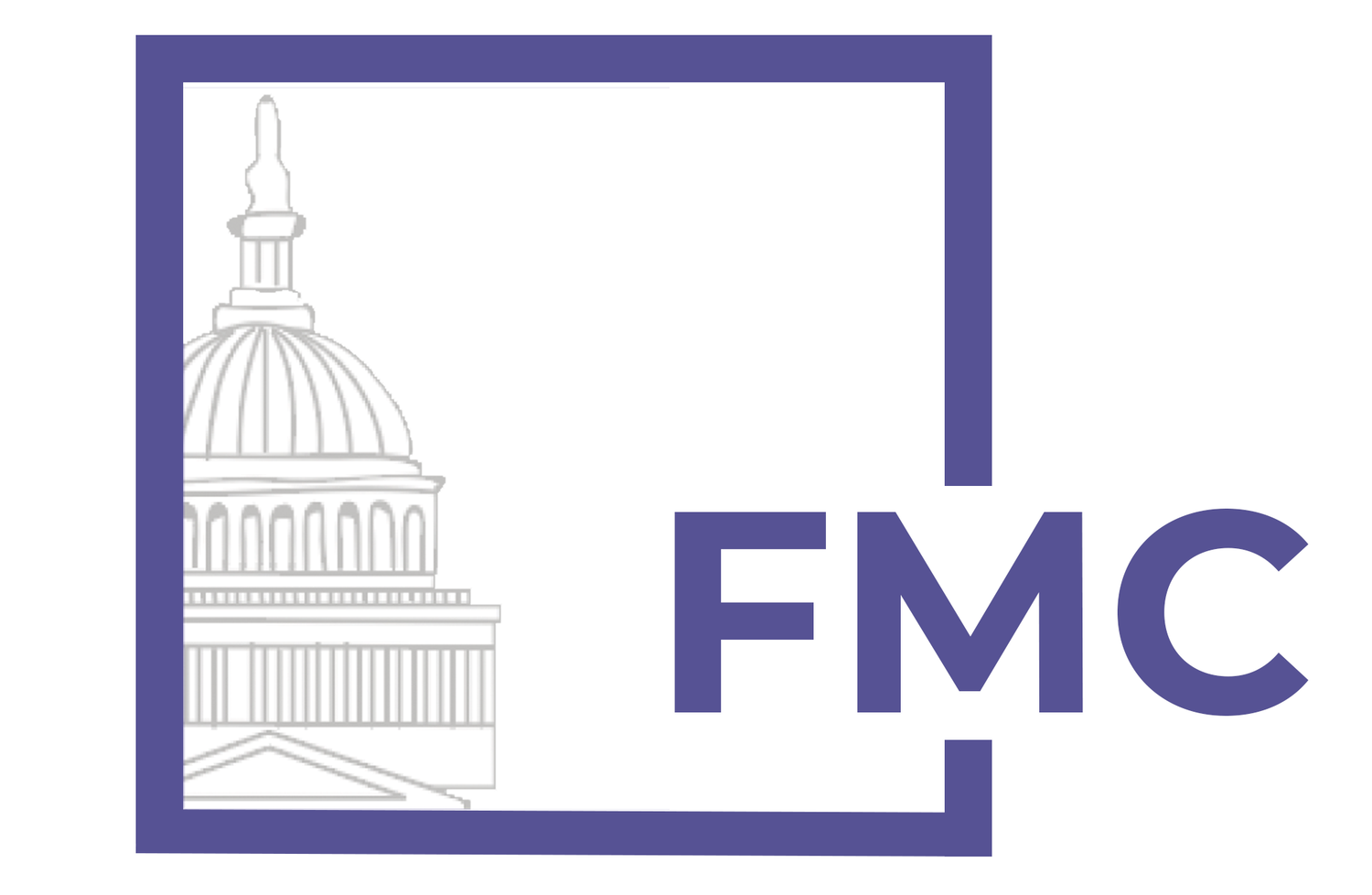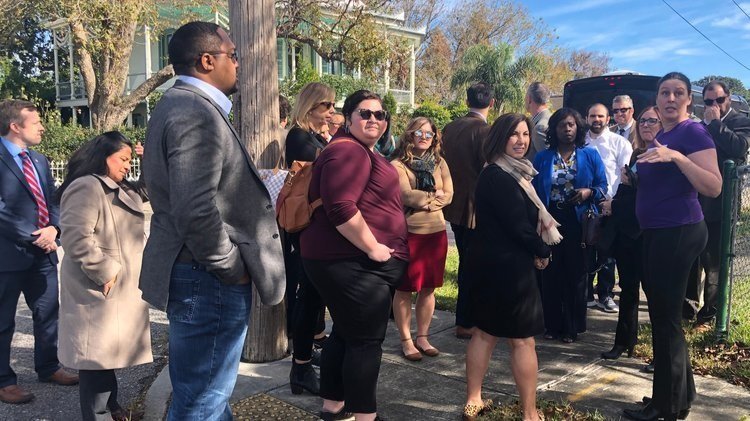FMC is built on the expertise and experience of Former Members of Congress, who know better than anyone how important it is to have effective staff in Washington and back home. The leader of staff based in a Member’s home state is the District Director for House Members and the State Director for Senators. FMC engages District and State Directors to build relationships across the aisle and around the nation. Here are a few of the programs FMC has created to focus on engagement in Congressional Districts.
District Director Study Tours
District Director Study Tours create an exciting opportunity for meeting and building relationships with other District Directors across party lines and throughout the country. District Directors are responsible, more than any other staff member in a Congressional office, for addressing constituent concerns and engaging in regional issues. Study Tours allow District Directors to better understand how their peers in other nations address constituent issues while strengthening the relationships between their American peers across the aisle. FMC creates delegations of District Directors together, in hopes that the exchange of ideas, approaches, analysis and understanding of common challenges will foster the development of relationships based on collegiality and shared experiences. We have brought District Director delegations to Canada, Germany, Iceland, Ireland, Japan, and Korea.
District Director Fly-Ins
Each Congressional session, Members of the House of Representatives bring their District Directors to Washington for a “fly-in.” This event allows many District Directors to meet peers from their party, to learn more about Congressional policies and procedures, and to exchange best practices. FMC hosts a reception for the District Directors who join these fly-ins, providing an opportunity to meet with more District Directors and let them know the benefits of working with FMC.
Congressional District Visits
While Study Tours to international destinations allow District and State Directors to better understand the world around them, and to learn new ways to solve complex challenges in their districts, it’s important for current Members to better understand our own nation. With that in mind, FMC created Congressional District Visits, which bring a bipartisan group of current Members of Congress to the district of one of their colleagues.
District Visits have allowed Members of Congress to meet with high schools, colleges, journalists, workers, government officials and others, throughout the United States.
By learning more about a district far different from their own; meeting people who live in different surroundings, different socio-economic conditions and even different climates than their homes; and interacting with government and civil society throughout the United States, Members of Congress are given a better understanding of the realities that face parts of our nation they may have never visited or even considered previously.
“Every Member of Congress comes from a different background and represents a different part of the country. The bipartisan event, hosted by FMC, allowed legislators from four diverse districts to practice a noble tradition that we’ve abandoned in recent times: having a conversation with people who may not see the world the way you do. ”
“...Our hope was to inspire the kind of debate and discussion that will guide our efforts back in Washington. I would like to thank the FMC for organizing this visit and to express my gratitude to my colleagues who traveled to Massachusetts and participated in these critical conversations.”
Symposiums
Creating a relationship in Congressional Districts is a continuing goal for FMC. Symposiums allow FMC to invite District and State Directors who have traveled on FMC Study Tours; along with those who have participated in other FMC programming; and even those who have never worked with FMC together for a deep, bipartisan dive into issues facing Congressional Districts across the country. Discussions with experts allow staff outside of Washington to learn more about best practices for issues and challenges that all of their community face, in a central location that allows them to travel within the United States, while staying close enough to home to respond in an emergency.
Monthly Zoom Calls
Given that State and District Directors are based in States and Congressional Districts across the country, as opposed to one central location like other Hill staff are in DC, it is easy for them to feel isolated from their peers. That’s why every month, we hold hour-long zoom calls in conjunction with the House Chief Administrative Office (CAO) for a bipartisan group of these key staffers so they can share best practices, meet each other, and provide House CAO staff with more in-depth descriptions of the problems they are experiencing and ideas for support solutions.





